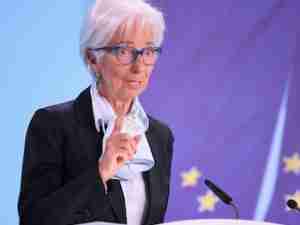With domestic demand still falling, Ireland is relying on its trade-dependent economy to end three years of economic contraction. Economists polled by Reuters expect gross domestic product (GDP) growth of just 0.5 percent this year.
Ireland's creditors say it needs growth of around 2 percent from 2012 if Dublin is to convince investors it can shoulder a hefty debt burden and meet its fiscal goals under a European Union-International Monetary Fund bailout.
Economists said Thursday's preliminary data showed exports were continuing to play their part in meeting that goal.
"This data would be pretty consistent with growth expectations of 0.5 percent," said Oliver Mangan, chief bond economist at AIB global treasury.
"It confirms the story in this dual economy where the export-orientated businesses are doing quite well while the domestic sector is still contracting. It's encouraging therefore to see continued strong growth on the export side."
Following a subdued start to the year, exports in February rose by 11 percent to 8.095 billion euros, the highest monthly figure since November 2007, up from a nine-month low in January.
That helped push Ireland's trade balance 33 percent higher and back towards levels seen for much of last year after imports, which rose to a two year high in January, also dropped back a touch in February.
Mangan said forecasters were looking for the contraction in the domestic economy to stop next year, allowing continuing strong exports to translate into stronger GDP growth.
Ireland's IMF-EU creditors said last week they were not concerned by the slower than expected growth this year and that medium term growth prospects are what are important in determining Dublin's ability to meet its debt targets.
Ireland's government, which later this month will revise economic growth figures that forecast a GDP rise of 1.7 percent this year, said the latest data were "reassuring." (Reuters)





